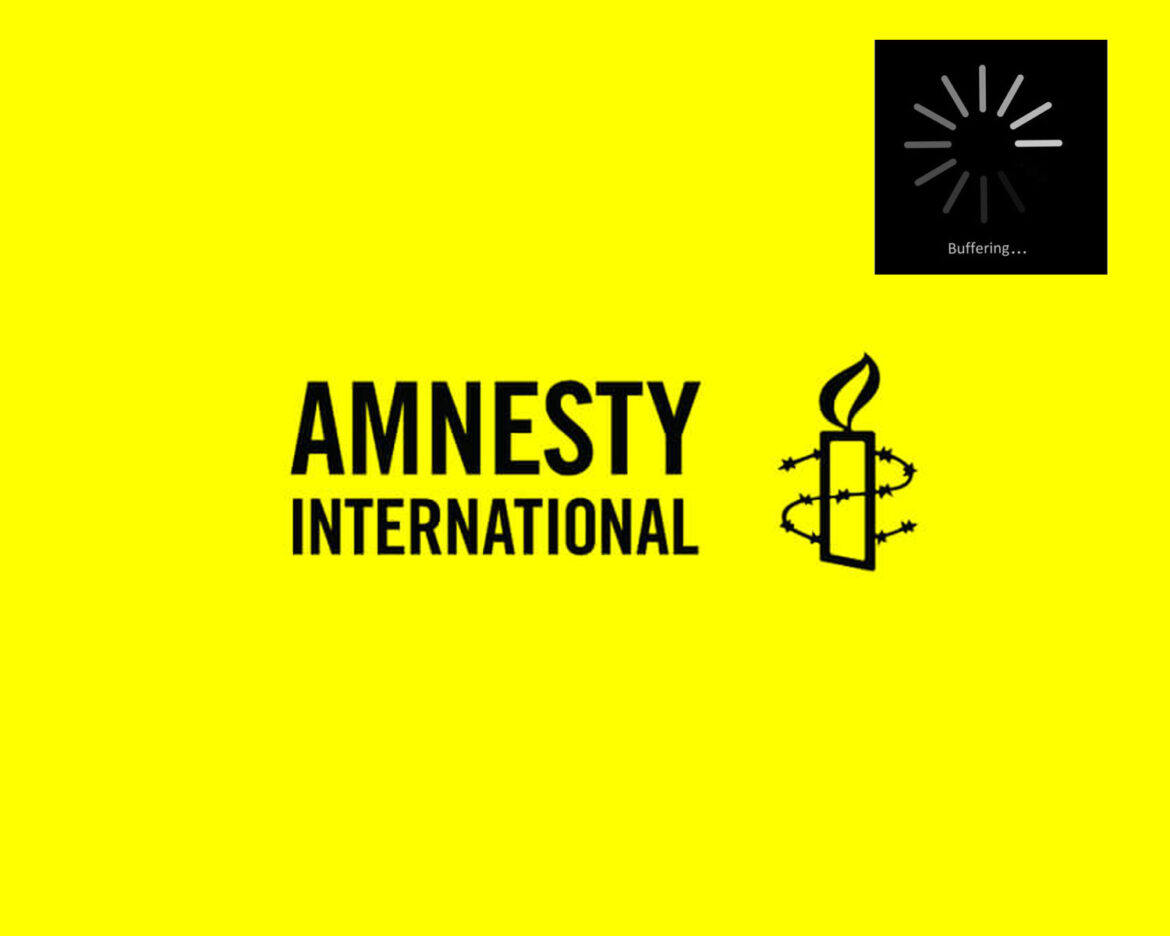Amnesty International has called on Pakistani authorities to provide greater transparency regarding the nationwide internet slowdown and the use of monitoring and surveillance technologies.
Over the past few weeks, internet speeds in Pakistan have significantly declined, with users reporting difficulties in sending or downloading media and voice notes via WhatsApp on mobile data, as well as slow browsing speeds on broadband.
In a statement released on Monday, Amnesty International urged the Pakistani government to be transparent about the cause of these disruptions and to avoid deploying unnecessary and disproportionate monitoring and surveillance systems that violate international human rights laws.
“The opacity of the Pakistani authorities regarding the use of monitoring and surveillance technologies that block content, slow down, and control internet speeds is an alarming concern,” the organization said. Amnesty International emphasized that such technologies, including national firewalls, often undermine online freedom of expression and access to information. The organization also highlighted the essential role of the internet in public communication, self-expression, e-commerce, and the digital economy.
Additionally, the statement noted that internet disruptions create anxiety among Pakistani communities abroad who are unable to connect with their loved ones.
PTA Attributes Slowdown to Submarine Cable Fault
Last week, the Pakistan Telecommunication Authority (PTA) attributed the nationwide internet slowdown to a “faulty submarine cable” and clarified that no firewalls were being installed, following criticism from both lawmakers and the public. PTA Chairman Retired Major General Hafeezur Rehman stated that the submarine cable is expected to be repaired by August 28. He also clarified that the government’s web management system, not a firewall, was being upgraded, expressing doubt that the upgrade was the cause of the slowdown.
The Islamabad High Court has sought responses from the government and the PTA by August 26 regarding a petition filed by senior journalist Hamid Mir against the internet slowdown. Meanwhile, the business community and internet service providers (ISPs) have alleged that the government’s monitoring efforts, including the so-called ‘firewall,’ have caused economic losses due to the slowdown of digital services.
While Pakistan’s Information Technology Minister, Shaza Fatima Khawaja, confirmed the upgrade of the government’s web management system to cope with cybersecurity threats, she denied reports of the government “throttling” the internet.
Amnesty International has previously criticized the government for internet and mobile suspensions during the February 8 general election, calling it “a blunt attack on the rights to freedom of expression and peaceful assembly.”



